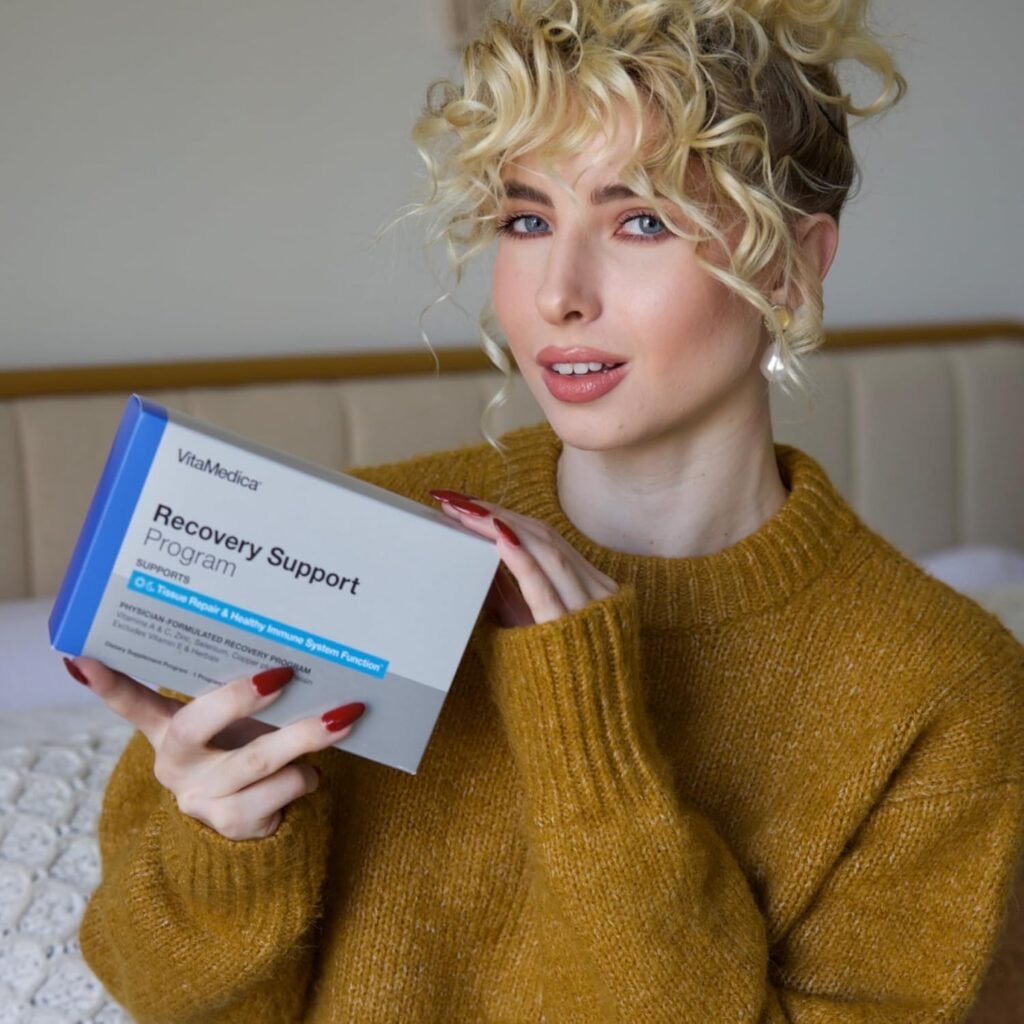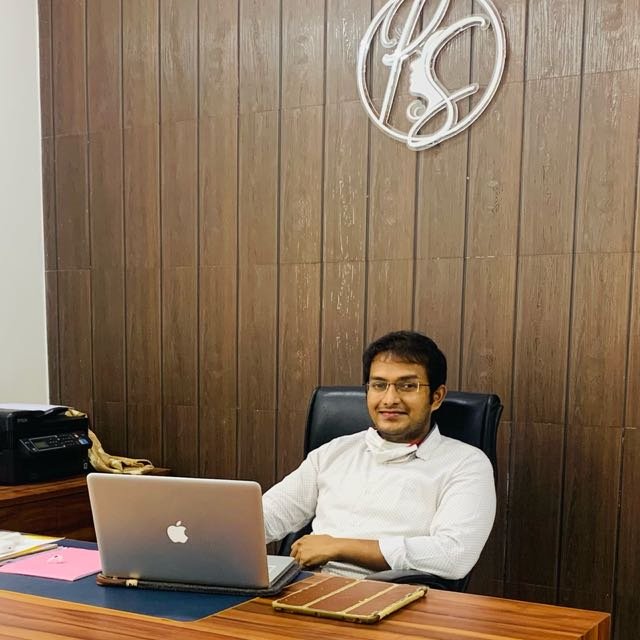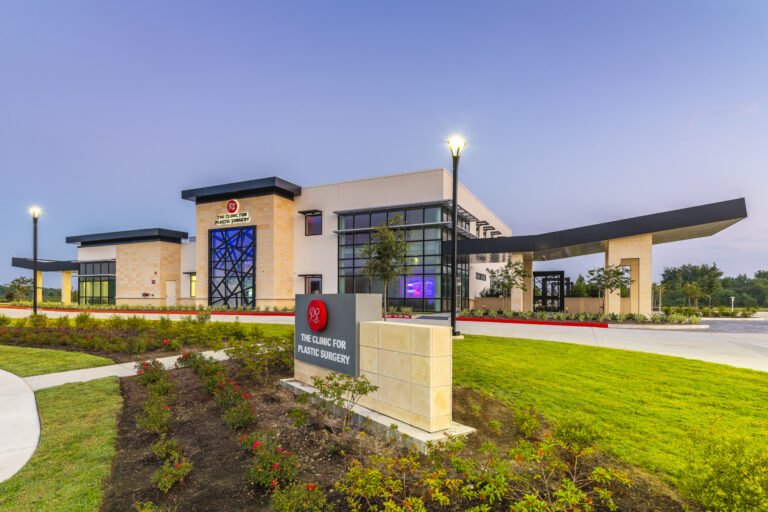Korea is known not only for its advanced surgical techniques but also for its unique ability to combine modern Western medicine with the wisdom of Traditional Korean Medicine (TKM). Increasingly, Korean recovery programs are integrating TKM therapies to create a holistic post-surgery healing experience that enhances both physical recovery and emotional well-being.
For international patients, this fusion of science and tradition offers a rare opportunity to heal more naturally, comfortably, and thoroughly in a culturally rich environment.
What is Traditional Korean Medicine (TKM)?
Traditional Korean Medicine is a centuries-old healing system based on the principles of balance, energy flow (Qi), and harmony between organs and nature. TKM includes therapies such as:
- Acupuncture
- Moxibustion
- Herbal medicine
- Cupping
- Dietary therapy
- Chuna (TKM manual therapy)
These treatments aim to stimulate the body’s innate healing abilities, regulate energy, and restore systemic balance—making them highly effective during post-operative recovery.
Why Integrate TKM in Post-Surgical Care?
Korean recovery centers incorporate TKM to:
- Reduce pain and inflammation naturally
- Promote faster healing and circulation
- Support immune function and energy levels
- Minimize scarring, swelling, and bruising
- Address post-anesthesia fatigue or nausea
- Restore mental and emotional balance
This integrative approach ensures that patients recover faster, more comfortably, and with fewer complications.
Common Traditional Korean Medicine Therapies Used in Post-Surgery Recovery
1. Acupuncture
Acupuncture is one of the most popular and widely used TKM therapies in Korea’s post-surgical care.
Benefits include:
- Pain reduction without medication
- Improved circulation and tissue repair
- Relief from nausea and post-anesthesia symptoms
- Calming effects on the nervous system
It’s especially helpful for patients recovering from:
- Orthopedic surgeries (e.g., spine, joints)
- Cosmetic surgeries (e.g., facelift, liposuction)
- Digestive or internal surgeries
Acupuncture is precisely targeted and performed by licensed TKM doctors in a sterile, medical setting.
2. Herbal Medicine
Custom herbal formulas are prescribed to support individual healing needs. These may include ingredients like:
- Ginseng for energy and immunity
- Licorice root for inflammation
- Angelica root for blood circulation
- Jujube and Rehmannia for calmness and tissue repair
Herbs are taken as teas, pills, or decoctions and often adjusted weekly based on recovery progress.
3. Moxibustion
Moxibustion involves burning a therapeutic herb (mugwort) near acupuncture points to stimulate healing energy and warm the body.
Benefits include:
- Improved blood flow
- Reduction in surgical swelling
- Immune system activation
- Relief from digestive sluggishness
This therapy is often used for abdominal, gynecological, or orthopedic recovery.
4. Cupping Therapy
Cupping uses suction to stimulate circulation and detoxification in specific areas of the body. It helps with:
- Muscle tightness after surgery
- Postural imbalances
- Reducing swelling and bruising
Cupping is generally offered after initial healing to release tension and restore natural body function.
5. Chuna Manual Therapy
Chuna is a TKM version of chiropractic or osteopathic treatment, focusing on realigning the musculoskeletal system.
This therapy is beneficial for:
- Postural correction after breast or abdominal surgery
- Spinal alignment following orthopedic procedures
- Reducing tension and stiffness
It is performed gently, with careful consideration of the patient’s surgical history and healing stage.
6. TKM-Based Dietary Therapy
Recovery centers also offer nutrition plans influenced by TKM principles, which prioritize:
- Warm, easy-to-digest foods like rice porridge, bone broth, and herbal soups
- Healing ingredients such as ginger, garlic, ginseng, and lotus root
- Avoidance of cold, greasy, or raw foods that are believed to slow healing
This type of diet supports the digestive system, energy levels, and immune defense, essential during the recovery period.
Personalized TKM Consultations for International Patients
Most integrated recovery centers in Korea provide:
- Consultations with certified TKM doctors
- Individualized treatment plans based on surgery type, health status, and constitution
- Bilingual support (English, Chinese, Arabic, etc.)
- Digital follow-up care for patients who return home
This ensures that international patients feel safe, understood, and well cared for throughout their healing journey.
East Meets West: How TKM Complements Modern Medicine
Korean recovery centers don’t treat TKM and Western medicine as separate entities. Instead, they coordinate care between surgeons, nurses, physical therapists, and TKM doctors to create a well-rounded plan.
For example:
- Acupuncture may be scheduled after physiotherapy to relieve muscle soreness.
- Herbal remedies might complement IV nutrient therapy to promote collagen production.
- Cupping or moxibustion may be used after cosmetic procedures to minimize bruising and enhance lymphatic flow.
This team-based, East-West fusion approach is what makes Korean recovery programs so unique and effective.
Final Thoughts
Integrating Traditional Korean Medicine into post-surgery recovery plans offers international patients a comprehensive, healing-centered experience. Whether you’re seeking faster physical recovery, emotional balance, or a deeper connection with your healing process, TKM provides powerful tools that work in harmony with modern medical care.
Choosing a Korean clinic that offers this integrative approach means you’re not just healing a surgical site—you’re supporting your entire body, mind, and spirit.



